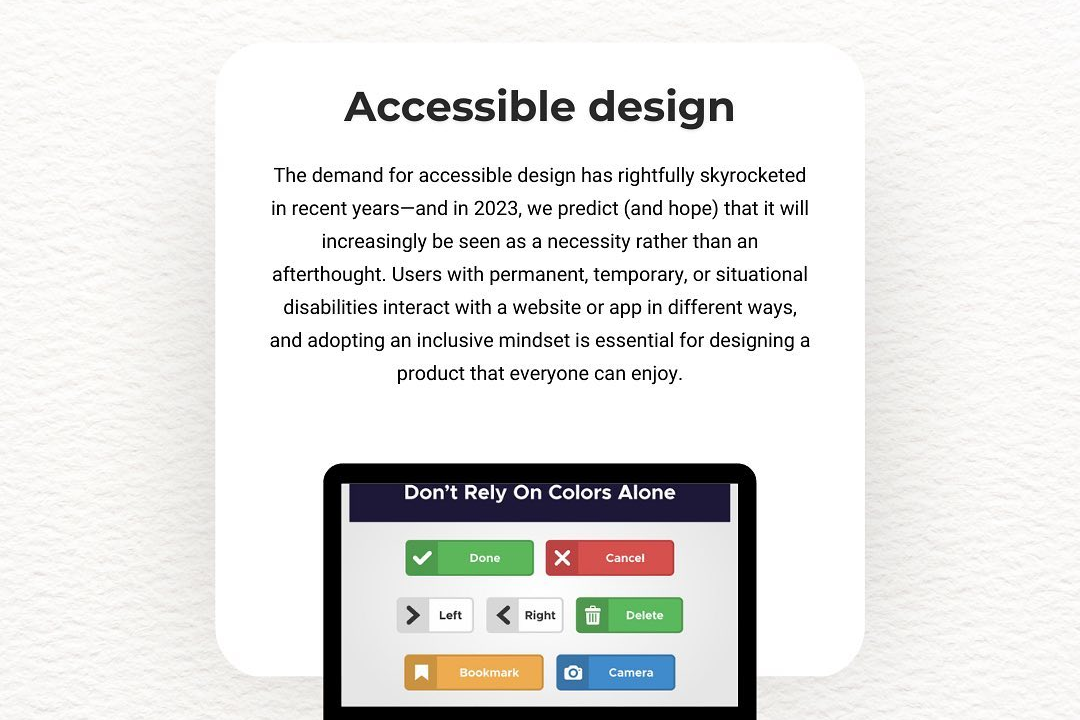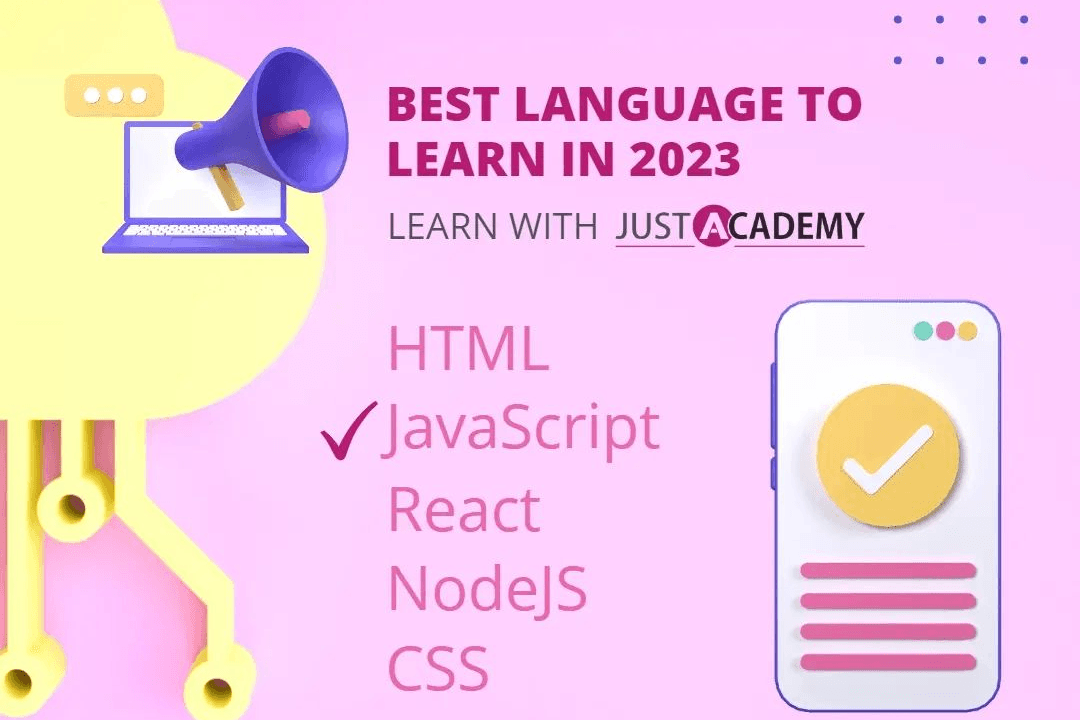FBSS.PHP Program
The fbss.php program is a specialized tool designed to automate and schedule posts on Facebook pages
FBSS.PHP Program
The fbss.php program is a valuable tool for streamlining Facebook page management by automating and scheduling posts, which helps users maintain a consistent online presence without the need for manual posting every time. Its automation capabilities save time, ensure timely content delivery, and enhance engagement with followers, making it an essential resource for social media marketers, businesses, and content creators aiming for efficient and effective social media management.
To Download Our Brochure: https://www.justacademy.co/download-brochure-for-free
Message us for more information: +91 9987184296
The fbss.php program is a valuable tool for streamlining Facebook page management by automating and scheduling posts, which helps users maintain a consistent online presence without the need for manual posting every time. Its automation capabilities save time, ensure timely content delivery, and enhance engagement with followers, making it an essential resource for social media marketers, businesses, and content creators aiming for efficient and effective social media management.
Course Overview
The ‘fbss.php program’ course covers the essentials of automating Facebook page management using PHP scripting. Participants learn to create, schedule, and automate posts, analyze page performance, and efficiently manage social media content through practical, real-time projects. This course is ideal for developers and digital marketers seeking to enhance their automation skills for Facebook marketing.
Course Description
The ‘fbss.php program’ course provides practical training in automating Facebook page management using PHP, covering post scheduling, analytics, and real-time project implementation for efficient social media automation.
Key Features
1 - Comprehensive Tool Coverage: Provides hands-on training with a range of industry-standard testing tools, including Selenium, JIRA, LoadRunner, and TestRail.
2) Practical Exercises: Features real-world exercises and case studies to apply tools in various testing scenarios.
3) Interactive Learning: Includes interactive sessions with industry experts for personalized feedback and guidance.
4) Detailed Tutorials: Offers extensive tutorials and documentation on tool functionalities and best practices.
5) Advanced Techniques: Covers both fundamental and advanced techniques for using testing tools effectively.
6) Data Visualization: Integrates tools for visualizing test metrics and results, enhancing data interpretation and decision-making.
7) Tool Integration: Teaches how to integrate testing tools into the software development lifecycle for streamlined workflows.
8) Project-Based Learning: Focuses on project-based learning to build practical skills and create a portfolio of completed tasks.
9) Career Support: Provides resources and support for applying learned skills to real-world job scenarios, including resume building and interview preparation.
10) Up-to-Date Content: Ensures that course materials reflect the latest industry standards and tool updates.
Benefits of taking our course
Functional Tools
1 - Facebook Graph API: This powerful API allows for seamless integration with Facebook's social graph, enabling automation of tasks like posting, data retrieval, and interaction management. The course provides in depth training on how to authenticate and make the most of this API to develop efficient automation scripts. Students learn to handle API endpoints, manage permissions, and ensure compliance with Facebook’s policies, empowering them to build scalable automation solutions. The API acts as the backbone for most Facebook automation tools covered in the program, making it a core component of the training.
2) PHP Programming Language: As the primary scripting language used in the ‘fbss.php program,’ PHP offers flexibility and ease of integration with web applications. The course guides students through PHP fundamentals, including syntax, server side scripting, and handling HTTP requests. Learners develop the ability to write custom scripts that interact with Facebook APIs to automate posting, messaging, and data analysis efficiently. Practical exercises help reinforce PHP knowledge, enabling students to create their own automation scripts tailored to specific needs.
3) Web Server Environment (XAMPP/WAMP): Setting up a local server environment like XAMPP or WAMP forms an essential part of the hands on training. These tools simulate a real world web hosting setup on students' local machines, allowing them to test and run PHP scripts seamlessly. The course explains how to configure these environments, manage databases if needed, and troubleshoot common issues, giving learners a practical understanding of deploying Facebook automation scripts in a controlled setting.
4) HTTP Clients and REST Tools: Tools like Postman or Insomnia are introduced to facilitate API testing and exploration. Students learn how to craft and send HTTP requests, inspect responses, and debug issues efficiently. Understanding REST principles and how to use these tools accelerates the development process, enabling learners to validate their Facebook API integrations before deploying scripts. This enhances their confidence and troubleshooting skills during automation project development.
5) Credential Management & Security Tools: Ensuring data security and proper credential handling is vital in Facebook automation. The course covers the use of secure environments, environmental variables, and password management tools to protect API tokens and user data. Students learn best practices for storing sensitive information securely, avoiding leaks, and maintaining compliance with security standards, which is crucial for trustworthy automation solutions.
6) Version Control Systems (Git): Version control plays a significant role in managing complex automation scripts. The program introduces Git, along with platforms like GitHub or GitLab, to track changes, collaborate with peers, and maintain code integrity. Students understand branching, commits, and merge processes, facilitating efficient teamwork and project management during the development of their ‘fbss.php’ programs.
7) Automation & Scheduling Tools: To execute scripts automatically, students learn to use task schedulers like cron jobs (Linux) or Windows Task Scheduler. These tools enable running Facebook automation scripts at predefined intervals without manual intervention. The course teaches setup, configuration, and best practices for scheduling tasks, ensuring scripts run reliably and efficiently, which is essential for continuous automation workflows.
8) Analytics and Monitoring Tools: The course integrates tools for tracking the performance of automation scripts and Facebook interactions. Learners are introduced to analytics dashboards and logging mechanisms that help interpret data, monitor execution success, and troubleshoot issues. These tools are vital for optimizing automation strategies, understanding engagement metrics, and ensuring the sustainability of their Facebook bot operations.
9) Developer Console & App Management: Facebook’s Developer Console is explored thoroughly to help students understand app creation, configuration, and permissions management. Training includes setting up Facebook Apps, generating access tokens, and configuring app settings aligned with Facebook’s policies. Mastery of this tool ensures students can effectively manage their automation projects and handle Facebook’s app review process.
10) Collaborative Development Platforms: The course emphasizes using cloud based platforms like GitHub for sharing code, collaboration, and version control. Students learn to document their project workflows, collaborate securely across teams, and maintain code repositories for their Facebook automation projects. This exposure prepares them for real world development environments and teamwork in social media automation.
These tools collectively form the core infrastructure for developing, testing, deploying, and maintaining Facebook automation scripts like ‘fbss.php’. The training combines theoretical understanding with practical exercises, ensuring that students can confidently leverage these tools to create robust, secure, and efficient Facebook automation solutions.
11 - API Documentation & SDKs: The course emphasizes understanding Facebook’s official API documentation and available Software Development Kits (SDKs) for different programming languages. Students learn how to navigate official resources, leverage SDKs to streamline development, and stay updated with API changes. This knowledge helps ensure their automation scripts remain compatible and compliant with Facebook’s evolving platform.
12) OAuth Authentication & Authorization: Securing user data and access control is crucial in Facebook automation. The training covers implementing OAuth 2.0 protocols for secure authentication and authorization, enabling scripts to access Facebook resources without exposing credentials. Mastering OAuth workflows ensures safe and compliant access management in automation projects.
13) Error Handling & Debugging Tools: Effective error detection and troubleshooting are vital for reliable automation. The course teaches students how to implement comprehensive error handling in PHP scripts and utilize debugging tools built into IDEs and browsers. They learn to interpret API error messages, log issues systematically, and resolve common problems swiftly.
14) Data Storage & Database Management: For managing ongoing interactions and storing user or post data, students explore database integration with MySQL or other systems. The curriculum covers designing database schemas, CRUD operations, and integrating database calls within automation scripts. This enables building scalable Facebook bots that handle large datasets efficiently.
15) Legal and Compliance Considerations: Ensuring automation activities adhere to Facebook’s Terms of Service and data privacy laws is a core aspect. The course discusses ethical automation practices, obtaining necessary permissions, and avoiding spam or misuse. Students learn how to develop compliant scripts that foster trust and sustainable operations.
16) Social Media Strategy & Content Planning: Beyond technical skills, the program incorporates content strategy, assisting students in planning effective social media campaigns. Using automation tools responsibly, learners understand how to schedule posts, engage audiences, and analyze engagement metrics to optimize their social media presence.
17) Custom API Development & Extensions: Students are introduced to creating custom Facebook Graph API endpoints or extensions for specialized functionalities. This advanced knowledge allows for tailored automation solutions, integrating additional platforms or custom workflows as needed, enhancing the versatility of their automation projects.
18) Cloud Deployment & Hosting Solutions: For larger scale automation, students learn about deploying scripts on cloud platforms like AWS, Google Cloud, or Azure. The curriculum covers environment setup, server management, scaling, and security best practices, empowering learners to run automation scripts reliably in production environments.
19) Security Penetration Testing & Vulnerability Assessment: The course includes modules on testing automation scripts for security vulnerabilities, ensuring their Facebook bots are protected against common threats. This proactive approach helps maintain robust, attack resistant automation solutions.
20) Continuous Integration & Deployment (CI/CD): To streamline updates and improve code quality, students are introduced to CI/CD pipelines using tools like Jenkins or GitHub Actions. This enables automated testing and deployment of script updates, facilitating rapid iteration and maintaining high standards in automation workflows.
21 - User Authentication & Multi Account Management: As automation scales across multiple Facebook accounts, learners explore strategies for managing multiple tokens securely, automating login processes, and handling different user permissions. This ensures versatile and efficient management of various automation tasks simultaneously.
22) Real Time Monitoring & Alerts: Integrating real time monitoring tools and setting up alerts provides proactive notifications of script failures or unusual activities. This proactive approach minimizes downtime and maintains the continuous operation of Facebook automation bots.
23) Best Practices for API Rate Limiting & Throttling: The course discusses adhering to Facebook’s API rate limits and implementing request throttling mechanisms. Students learn how to design scripts that avoid being blocked or restricted, ensuring sustainable automation over time.
24) Customized Reporting & Dashboard Development: To analyze automation data effectively, students develop custom dashboards and reporting tools. This helps visualize key metrics, track performance, and refine strategies for their Facebook automation projects.
25) Cross Platform Automation Techniques: The training explores integrating Facebook automation with other social media platforms or marketing tools, enabling comprehensive multichannel automation strategies. This future proofs their skills and broadens their application scope.
These additional points further enhance the understanding of the integrated ecosystem of tools and techniques necessary for successful Facebook automation development. They provide a well rounded, practical skill set tailored for aspiring developers and marketers aiming to harness the power of social media automation responsibly and efficiently.
Browse our course links : https://www.justacademy.co/all-courses
To Join our FREE DEMO Session:
This information is sourced from JustAcademy
Contact Info:
Roshan Chaturvedi
Message us on Whatsapp: +91 9987184296
Email id: info@justacademy.co











